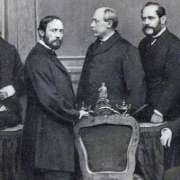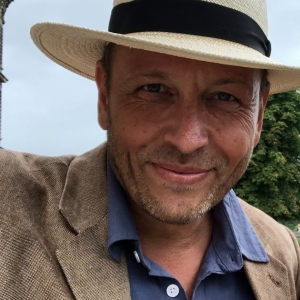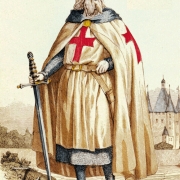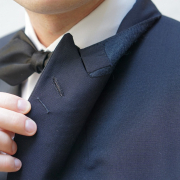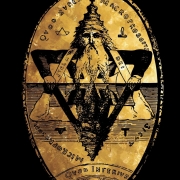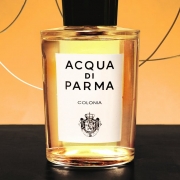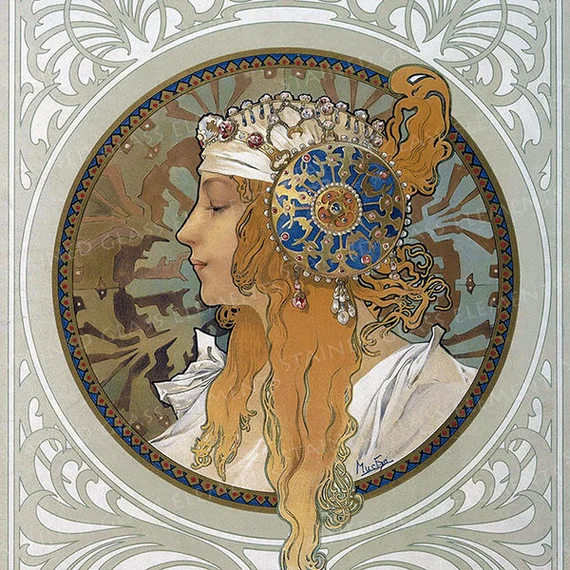The Freemason's Chronicle, 2 January 1875, Number 1
This opening article of The Freemason's Chronicle was written 145 years ago, but its timelessness still appeals.
-
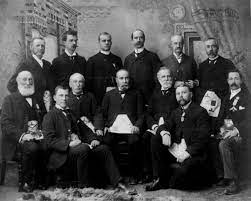
The Master Mason, regardless of his creed or country, knows that his connection with the Institution complements his other opportunities to become a good citizen, a rule of life that encompasses all the blessings scattered throughout the various beliefs into which the nations of the world are divided.
He is assured that honour, virtue and benevolence are the qualities which alone should distinguish one class from another: and that within the sacred bond of brotherhood all good Masons are equal in the eyes of the Supreme Master of the Universe. Unfortunately, the outside world or the popular world, which has not entered into the Initiation of the Royal Art, is inclined to apply to its members the ordinary tests prevalent in social life. Therefore, it is vital for the institution itself that all its members are persons of impeccable character, and it is equally important that they possess that culture which distinguishes the gentleman from the non-gentleman.
It seems to us quite possible that a brother may be a good, ordinary Freemason, capable of fulfilling all the duties imposed by the principles of fraternal love, help and truth, and yet fall short of that practised learning which, though it increases the courtesy of life, is all too often accompanied by a cold, cynical understanding. At the same time, we consider it absolutely necessary that every Mason should do his utmost to polish and refine his intellect. Indeed, we go further, and honestly and fearlessly express our opinion that no one should be chosen to hold an office whose cult will not enable him to pay tribute to the great and important duties of his position.
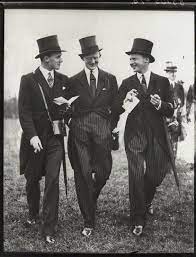
The seal of secrecy is set on the freemason's heart and lips. He is not a professed believer in proselytism.
His task is clear and straight ahead of him.
To lead his life, to lead his deeds, so that all the outer circles of the people may know that he is one of a glorious group of brothers, pledged to live a pure, clean life, to help the sick and needy, to speak and act the truth, of which his insignia are but the symbols. Seriously impressed by the sacred and secret nature of the Craft, we nevertheless understand that it is common knowledge that Freemasonry embraces a ritual which, because of the splendour of its declamatory composition, is perfect in its way.
Our contention is that such a ritual should at all times be entrusted to ministers in whose mouths it should lose nothing of its sonorous and impressive qualities. The appeals to virtue and loving-kindness, the accusations of acts of self-denial and friendship, of pure and beautiful love, where shame and passion have no place, must be uttered in tones where musical intonation is a just rivalry with exactness of accent and perfect grammar.
If it were otherwise, what would be the result? It seems possible to us that men with an imperfect upbringing, but with a fastidious, coercive nature, would, on entering a Lodge, leave no chance of advancing themselves, in season and out of season, until, with the energy that not infrequently accompanies vulgar spirits, they had obtained an office in the teeth of fitter but more modest brethren.
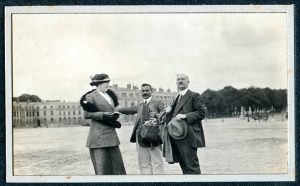
How much more unfortunate then would it be if a neophyte with superior mental advantages were introduced into the society of such persons, who, shocked by the incongruity of the position, withdrew during the first stages of his enlightenment, and before all else the splendour of the system penetrated his astonished gaze.
Surely these are possible damages against which one must protect oneself.
However, these are misfortunes which, because they are limited to the Royal Art itself, may go unpunished, if not uncriticised; but there are more than these. Let us take a fictitious example.
We shall suppose that some royal character is visiting a large provincial town.
The mayor and the company have exhausted their ingenuity by providing a variety of entertainment.
There was the inevitable concert in the town hall; the visit to local factories; the district flower-show; and indeed, the general round of mild dissipation proper to the occasion. At last it presented itself to the Provincial Grand Lodge that a monstrous Masonic ball would give the desired liveliness, and when permission was granted for the use of clothing, the great work was set in motion.
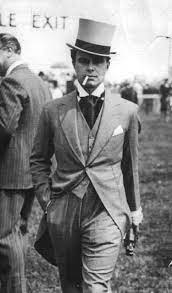
Sensitive girls and cleverly trained matrons are present, with keen eyes for all the pomp and circumstance that is visible.
There are many expressions of delighted surprise that Lord Such-and-Such, or Mr. Nominate, should be a Freemason, and in the course of time, when things are somewhat settled, the question becomes bold as to who is the chairman or president , or Master, as he is called, of the local Lodge?
Suppose it were possible in such a case that that same chairman, or president, or master is none other than a certain person with a notorious lack of culture; one, whose lack of proper education, and ignorance of the courtesies of society, are the common joke of the town. If such a thing were possible - we do not say that it is - it would be a reproach to the Order of Freemasonry.
It may be asked, would we put mere cultivation and what are called manners above sincere integrity and a good heart? Our answer would be that in the affairs of ordinary life we should not do so, but we think that all representative men should possess these decorative attributes; and just as an ignorant and vulgar man is out of place in the pulpit, in the senate, or in the city council, so he is out of place as an officer of a Masonic Lodge. All men cannot be, nor is it desirable for them to be, Lord Chesterfields, but all men who seek to represent institutions must possess as much polite knowledge as will honour the position they occupy.
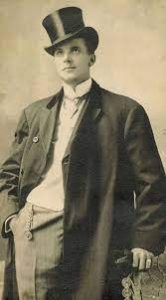
At the same time, we have an abiding belief in the good effects of an honest, outspoken opinion.
It will be noted that we have carefully refrained from making the simplest direct charge.
Our argument is that by becoming a Freemason, a man does not abrogate a single responsibility that he owed to society until now, but assumes new responsibilities towards an old, venerable and respectable company.
That in his new position, if he seeks both honour and benefits, it is imperative that he makes himself worthy.
Indeed, if ever a time came when the picture we have drawn might seem real; when we happened to see ignorance and vulgarity elevated to the seat of the teacher, it would be time for those who love the Craft to raise a warning voice.
Some ancient philosophers are said to have taught from behind a veil. The students heard the master's advice, but did not see his face. In that state where many wise truths, kindly spoken, were taught, they undoubtedly appealed to the intelligence of those who heard and understood. Pray that we may not be less fortunate.
-
Thierry Stravers is co-owner of Masonic Store.
He likes to combine his passion for style and elegance with his Masonic activities.
Thierry is the owner of Trenicaa marketing agency and is a board member of Loge Enlightenment No.313 O: Hoofddorp.

